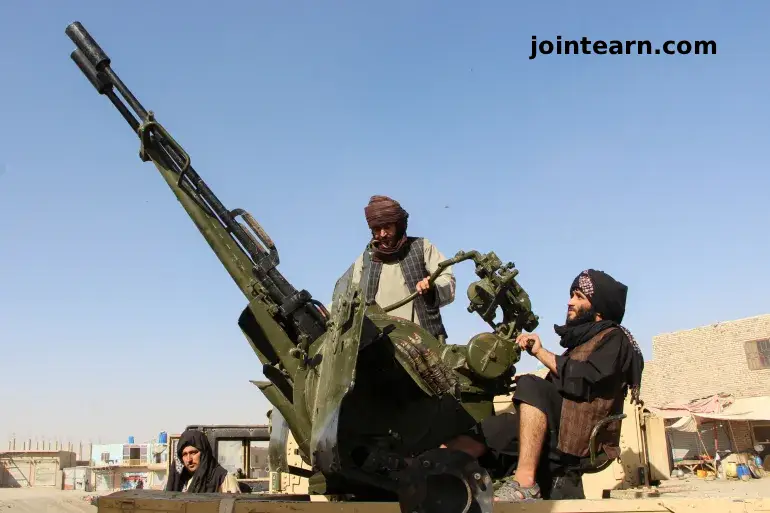
Negotiations between Pakistan and Afghanistan have hit a stalemate following deadly border clashes that have raised concerns about the fragile ceasefire brokered by Qatar. The clashes along the shared border have resulted in civilian casualties and heightened tensions between the two neighboring countries.
Deadly Border Clashes
An Afghan official reported that four Afghan civilians were killed and five others wounded during cross-border fighting between Pakistani and Afghan forces near Spin Boldak, Kandahar Province. While Pakistan claims Afghan forces initiated the violence, Afghan officials maintain that Pakistani troops were responsible.
Despite the clashes, both countries continue to engage in peace talks mediated by Turkiye and Qatar in Istanbul. Pakistan’s Information Minister Attaullah Tarar emphasized that Islamabad remains committed to dialogue but will take “all necessary measures” to protect its people and sovereignty.
Diplomatic Stalemate
The ongoing negotiations are part of efforts to enforce the 2021 Doha peace agreement, in which the Afghan Taliban pledged to curb terrorism and maintain regional stability. Pakistan has accused Afghanistan of harboring armed groups, particularly the Tehreek-e-Taliban Pakistan (TTP), which has carried out multiple attacks on Pakistani soil. The Afghan Taliban deny providing sanctuary to the group.
Pakistan’s delegation, led by National Security Adviser Asim Malik, has presented a set of demands to mediators aimed at ending cross-border terrorism. Abdul Haq Wasiq, director of Afghanistan’s general intelligence, heads the Afghan delegation.
Ceasefire and Civilian Impact
The ceasefire reportedly remains in effect, but the situation on the ground remains tense. The United Nations reported that 50 civilians have been killed and 447 injured on the Afghan side since clashes began on October 9. In Pakistan, 23 soldiers were killed and 29 wounded, according to the army, though civilian casualties were not reported.
The clashes have also sparked explosions in Kabul, causing additional civilian deaths, which Afghan authorities have attributed to Pakistani actions.
Strained Bilateral Relations
Relations between Pakistan and Afghanistan have been strained since the Afghan Taliban returned to power in 2021. Pakistan accuses Kabul of providing a safe haven for militant groups, while Afghanistan claims Pakistan continues to interfere in its internal affairs. The ongoing tension has complicated efforts to achieve lasting peace along the border and ensure the security of civilians on both sides.
Turkiye has proposed a monitoring and verification mechanism to enforce the ceasefire and penalize violations, but the details are still under negotiation. Analysts warn that without concrete enforcement measures, the fragile peace could easily unravel, risking a larger regional escalation.
Implications for Regional Stability
The deadlock in talks and repeated clashes underscore the fragile security situation along the Pakistan-Afghanistan border, which has become a hotspot for insurgent activity and terrorist attacks. Both nations face internal pressure to protect civilians while managing the political complexities of Taliban governance in Afghanistan and militant activity in Pakistan.


Leave a Reply